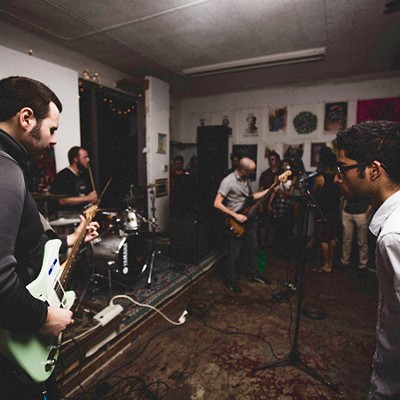Brand-new Japanese parents receiving a gift are then customarily obligated to give a lesser one in return, and the Yoshimiya rice shop in Fukuoka recently created the ideal such return: small bags of rice of the exact weight of the newborn, printed with its face and name, so that original gift-givers (relatives, friends) can experience cuddling "the baby." Then, of course, according to Yoshimiya's owner, they can break open the bag and eat the rice, though he admitted some people have a problem with that.
"We sleep with the snakes (meaning cobras), we eat with the snakes, we live with the snakes (but) we are not scared," said a 14-year-old girl in a village near Calcutta, India, to a Wall Street Journal reporter in November. Said a village leader, "Whenever I lie down in my bed, a cobra will just slide on top of me, without hurting me." In fact, more than 3,000 cobras live in one hamlet, mostly in peace, with few bite victims (though a cobra bite is often fatal because villagers initially trust the gods and spirit doctors to treat them). Cobras are so revered in the village that cobra bites are usually described as attacks by vipers or by "nonresident" cobras, based on a belief that local cobras are incapable of evil.
There is usually a well-stocked Red Cross tent when the January "corralejas" (amateur bullfights) take place in towns in the Colombian countryside, reported The New York Times in January. "This year was calm, no deaths yet," said a newscaster in Sincelejo. Hundreds of wannabe matadors jump into makeshift rings, some sponsored by local merchants but others merely inebriated or sober and foolish, some gaudily dressed, some in bunches (with one group even picnicking). Wrote the Times, "A stream of men arrived" in the Red Cross tent, "intestines peeking out of a belly, bone protruding from a fractured shin, blood spurting from a gash in the buttocks." Said a local, "This is about the ecstasy of escaping death."





